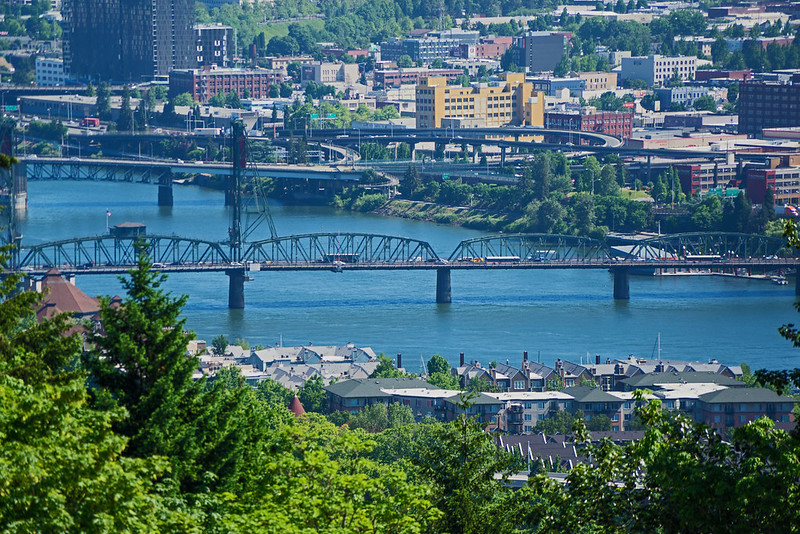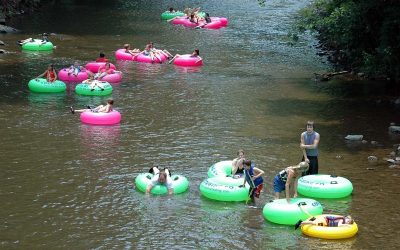Here in the dog days of summer, many Portlanders rely on the cool waters of the Willamette for a much-needed break from the heat. Whether your activity of choice is boating, stand up paddleboarding, or swimming, getting in the water can provide relief from our higher-than-average recent temperatures that have reached up to and above 100 this past week.
However, you may want to think again before getting your feet wet.
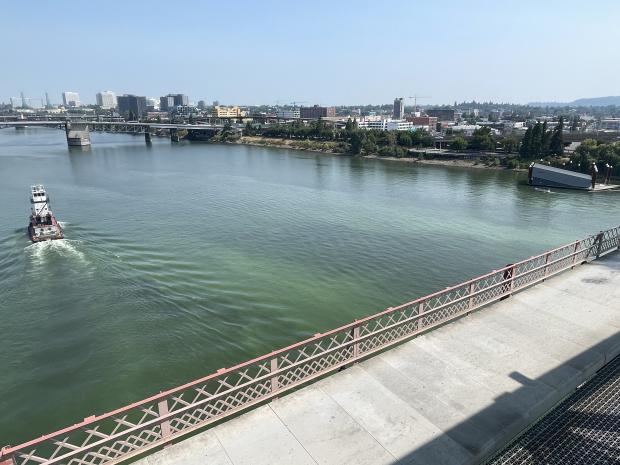
This is due to dangerous blue-green algae blooms that have been growing rapidly over the past few days. On Tuesday, the Oregon Health Authority (OHA) issued an advisory for people and pets to stay out of the water due to toxic algae blooms in the Willamette River from the Ross Island Lagoon near the Sellwood neighborhood up to Cathedral Park, the northernmost neighborhood in the city—effectively shutting down the entire stretch of river that runs through Portland.
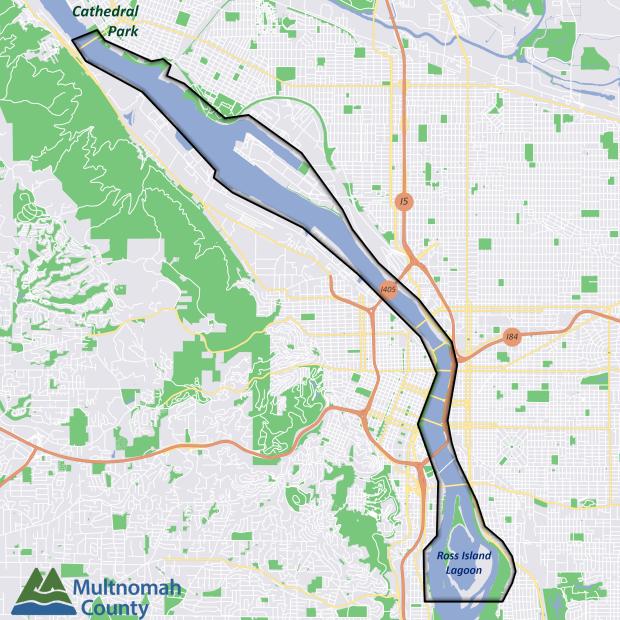
Just days before the advisory had only been in effect for two small sections of the river: the Ross Island Lagoon and Willamette Cove. The algae bloom has now grown so rapidly that it’s become unsafe for anyone to be in the water which is making Portlanders scramble for new ways to stay cool.
What is Blue-Green Algae?
Blue-green algae (cyanobacteria) are naturally occurring organisms that are commonly found in lakes and rivers. At low levels, the algae doesn’t present any threat to people or animals in the water. However, when the blue-green algae grows and reaches high levels it can become dangerous—and even deadly to those who swim in it and ingest the water. Additionally, high levels of cyanobacteria can also kill fish that live in the river.
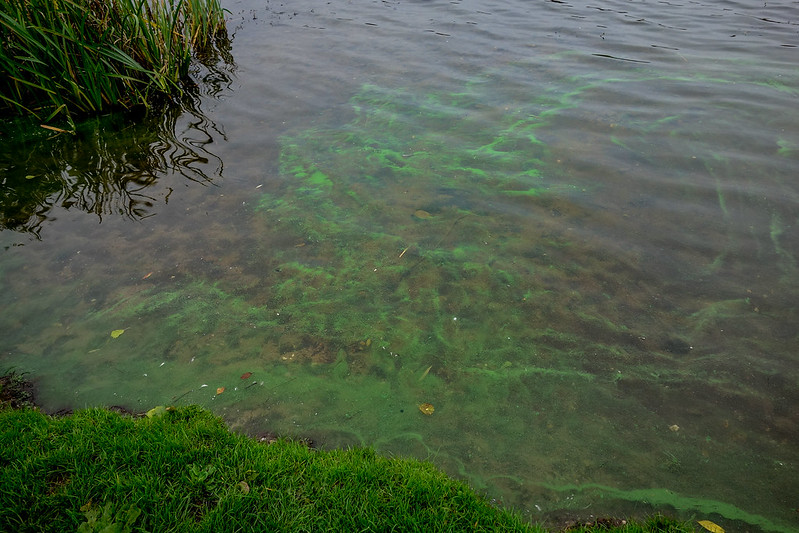
Why Does This Happen?
Typically, blue-green algae blooms occur in slow-moving, deep waters with little movement and exposure to the sun and these hotter days have provided the ideal environment for this. Undeniably, climate change has had a hand in making these algae blooms an increasing burden, not just in our city but across the country. Portland continues to see hotter and longer summers which contributes to growing this bacteria. That said, there may be another culprit that’s much more local—Ross Island Sand & Gravel that for years mined gravel in the Ross Island Lagoon.
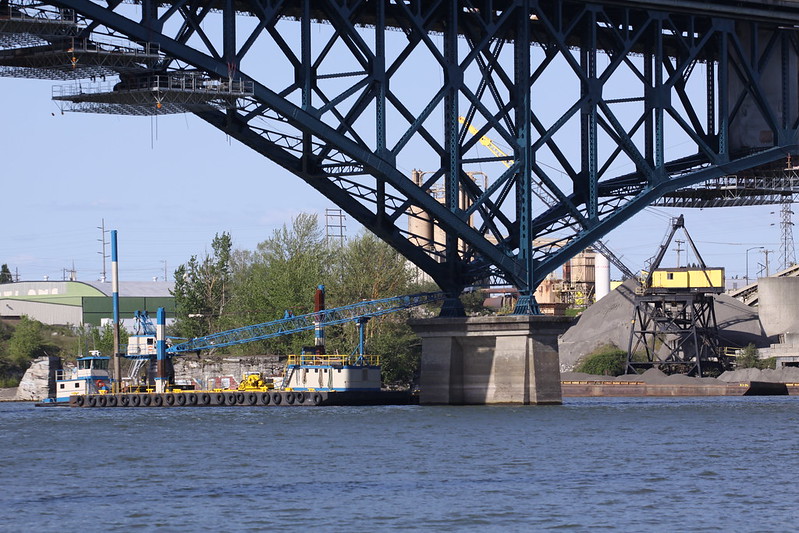
This area of the river is deep and stagnant and functions as the perfect petri dish for growing this harmful cyanobacteria. The state is taking steps to restore and hopefully improve the area, but they’ve been hampered by lawsuits brought by the Northwest Environmental Defense Center who alleges the city didn’t take the proper steps to prevent contamination and ensure safer environmental practices.
What Can I Do To Avoid It?
The easiest way to keep yourself safe is to avoid the river entirely until the advisory is lifted. A little common sense will also help. If you see water that looks bright green, is foamy, or smells bad—stay away. While you may still be able to participate in activities that keep you on top of the water like kayaking or boating, you want to avoid any activity where you may accidentally ingest water which includes swimming and water skiing.
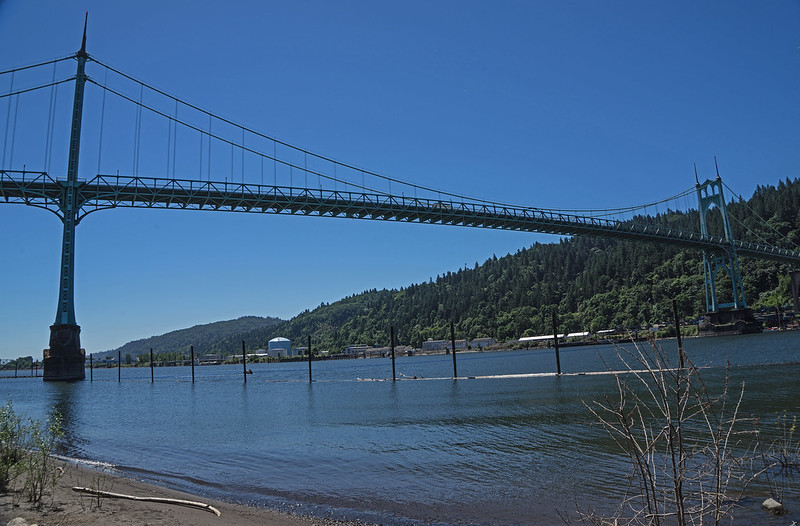
It’s also equally as important to keep your pets out of the water during this time. Dogs that swim in the river or jump in during a game of fetch are more likely to accidentally ingest water than humans. Unfortunately, during blooms like this it’s dogs more than humans that end up getting sick with some even dying. If your dog has been swimming in the river recently and you’ve noticed them acting more lethargic or having trouble walking, you should take them to the vet immediately.

